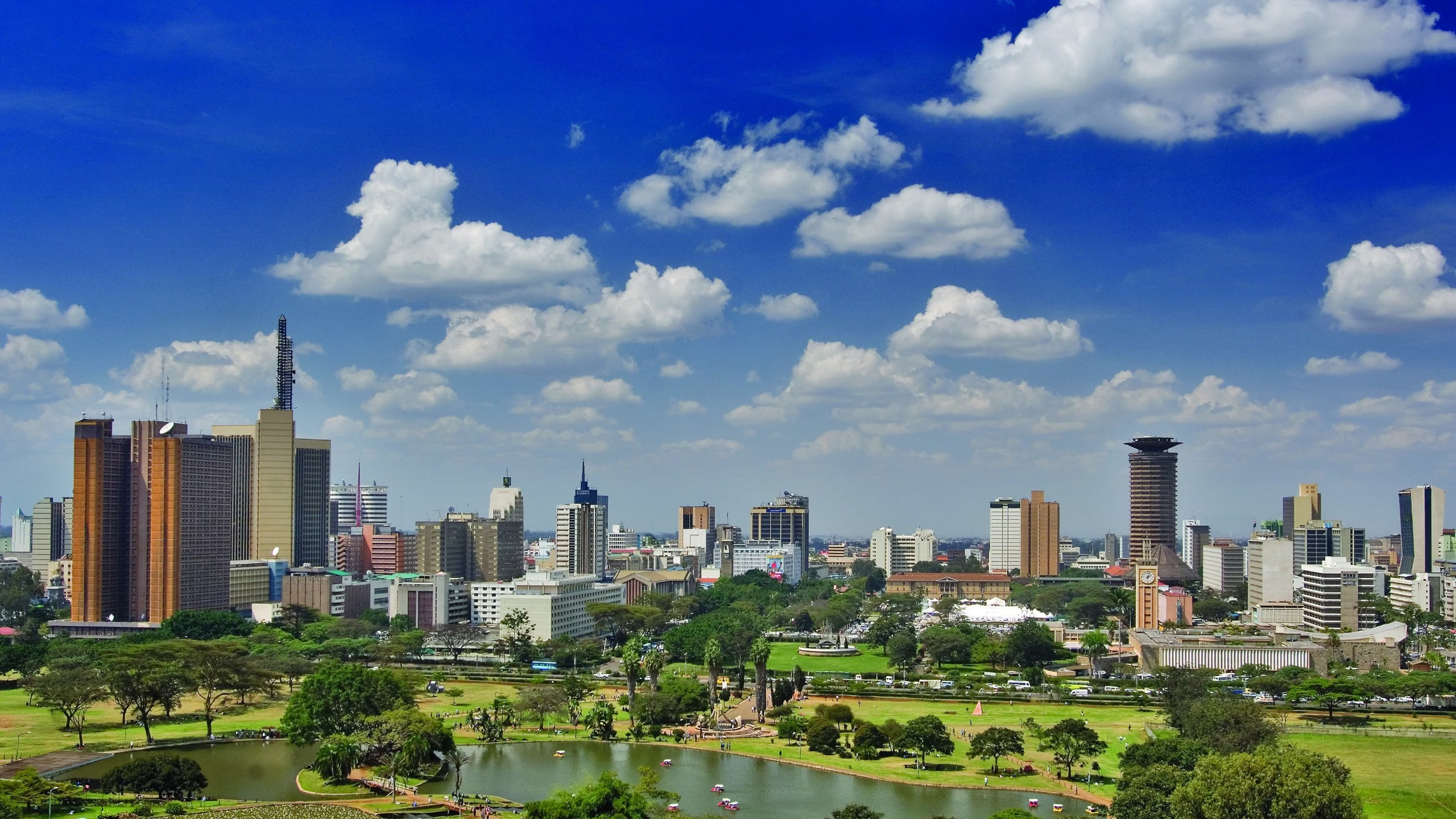Kenya, a land blessed with breathtaking natural beauty – from the iconic Maasai Mara to the pristine coastal beaches and the majestic Mount Kenya – is also on the front lines of environmental change. While our contribution to global emissions is relatively low, we face significant local challenges like deforestation, plastic pollution, water scarcity, and impacts from climate change such as droughts and floods. Every individual action, no matter how small, contributes to the collective effort of building a more sustainable future for our beloved country.
At Retail Place, we believe in empowering Kenyans with actionable knowledge. This comprehensive article will guide you through practical, everyday steps you can take in your home and daily life to significantly reduce your environmental footprint in Kenya, contributing to a healthier environment for ourselves and generations to come.
Understanding Your Environmental Footprint in the Kenyan Context
Your environmental footprint is the total impact your lifestyle has on the planet. In Kenya, key areas where we can make a difference include:
- Waste Management: Especially plastics, which clog our drainage systems and pollute our landscapes and marine environments.
- Energy Consumption: While Kenya has a high share of renewable energy in its grid (over 90% from geothermal, hydro, and wind), household efficiency still matters for reducing demand and saving on bills.
- Water Usage: A precious resource, particularly in arid and semi-arid regions.
- Transportation: The growing number of vehicles contributes to air pollution and emissions.
- Consumption Habits: What we buy, how much we buy, and where it comes from.
Practical Steps to Reduce Your Environmental Footprint in Kenya
Let’s break down how you can make a tangible difference in various aspects of your life.
1. Embrace the Power of “Reduce, Reuse, Recycle” (Tatu R’s)
Kenya has made strides with the plastic bag ban, but more can be done!
Reduce Plastic Consumption:
- Carry reusable shopping bags (many Kenyans already do!).
- Use a refillable water bottle and coffee cup.
- Opt for products with minimal or no packaging.
- Say “no” to plastic straws and unnecessary single-use plastics when dining out.
- Buy loose fruits and vegetables from the mama mboga instead of pre-packaged ones.
Reuse What You Can:
- Repurpose glass jars for storage of spices, grains, or homemade preserves.
- Use old clothes as cleaning rags before discarding.
- Consider repairing broken items (electronics, furniture) instead of replacing them.
- Donate items you no longer need – clothes (mitumba), furniture, books – to charities or friends, giving them a second life.
Recycle (Where Possible):
- Segregate Waste: Start by separating organic waste (food scraps, garden waste) from recyclables (plastics, paper, glass, metals) and general waste. Many apartment buildings and homes are starting to offer separate bins.
- Compost Organic Waste: If you have a garden or even a small balcony, start a compost pile or bin for food scraps. This creates nutrient-rich soil and significantly reduces landfill waste.
- Identify Recycling Points: Research local recycling centers or initiatives in your area. Organizations like Zero Waste Kenya promote sustainable waste management practices.
- Support Eco-Friendly Businesses: Look for businesses that use recycled materials or offer recycling services (e.g., electronic waste collection points).
2. Conserve Energy at Home
Kenya’s grid is largely green, but efficiency still saves you money and reduces overall demand.
- Unplug “Vampire” Electronics: Unplug chargers and appliances (TVs, microwaves, phone chargers) when not in use. They still draw small amounts of power in standby mode.
- Switch to Energy-Efficient Lighting: Replace incandescent bulbs with LED lights, which consume significantly less electricity and last longer.
- Maximize Natural Light: Open curtains and blinds during the day to reduce the need for artificial lighting.
Smart Appliance Use:
- Only boil the amount of water you need in your kettle.
- Cook multiple dishes in the oven at once.
- Ensure your refrigerator door seals properly and don’t keep it open for too long.
- Wash full loads of laundry and consider air-drying clothes when the weather permits.
Consider Renewable Energy: If feasible, explore solar water heaters or solar panels for your home. Kenya is a sunny country, making solar a viable option.
3. Be Water Wise (Maji Ni Uhai)
Water scarcity is a critical issue in many parts of Kenya.
- Fix Leaks Promptly: Even a small drip can waste thousands of litres of water over time.
- Take Shorter Showers: Reduce your shower time to conserve water.
- Turn Off Taps: Don’t let water run unnecessarily while brushing teeth, washing hands, or shaving.
- Collect Rainwater: If you have the space, install a rainwater harvesting system for gardening, flushing toilets, or washing.
- Water Gardens Efficiently: Water plants early in the morning or late in the evening to minimize evaporation. Use mulch to retain soil moisture.
- Reuse Greywater: Consider simple greywater recycling systems for non-potable uses like watering plants, though this requires careful planning.
4. Think Green with Transportation
Reducing reliance on personal vehicles contributes to cleaner air and less traffic.
- Walk or Cycle: For short distances, walking or cycling is the most eco-friendly (and often fastest, given Nairobi traffic!) option.
- Use Public Transport: Utilize matatus, buses, or the SGR for longer distances.
- Car-pooling: Share rides with colleagues or friends.
- Consider E-Mobility: The uptake of electric vehicles (EVs) and electric bodabodas is growing in Kenya. If considering a vehicle purchase, explore electric options.
SEO Tip: Focus on sustainable transport: “sustainable transportation Kenya,” “reduce car emissions Nairobi,” “electric vehicles Kenya.”
5. Make Conscious Consumption Choices
Your purchasing power can drive positive change.
- Support Local Kenyan Businesses: As discussed in our previous article, buying local reduces transport emissions, supports local economies, and often means buying products with a smaller environmental footprint.
- Choose Sustainable Products: Look for products made from recycled, sustainably sourced, or natural materials.
- Buy Second-Hand: Embrace mitumba and other second-hand items (furniture, electronics) to extend product lifecycles and reduce waste.
- Eat Sustainably: Reduce meat consumption, choose locally grown seasonal produce, and minimize food waste. Support local farmers.
- Avoid Over-consumption: Do you really need that new item? Consider if you can borrow, rent, or make do with what you already have.
Reducing your environmental footprint in Kenya is a journey, not a destination. It involves a series of small, consistent choices that, when multiplied across millions of Kenyans, can lead to monumental positive change. By adopting these practical habits, you not only contribute to a healthier planet but also empower local communities and lead a more sustainable, fulfilling life right here in the heart of Kenya. Let’s make every step count!







